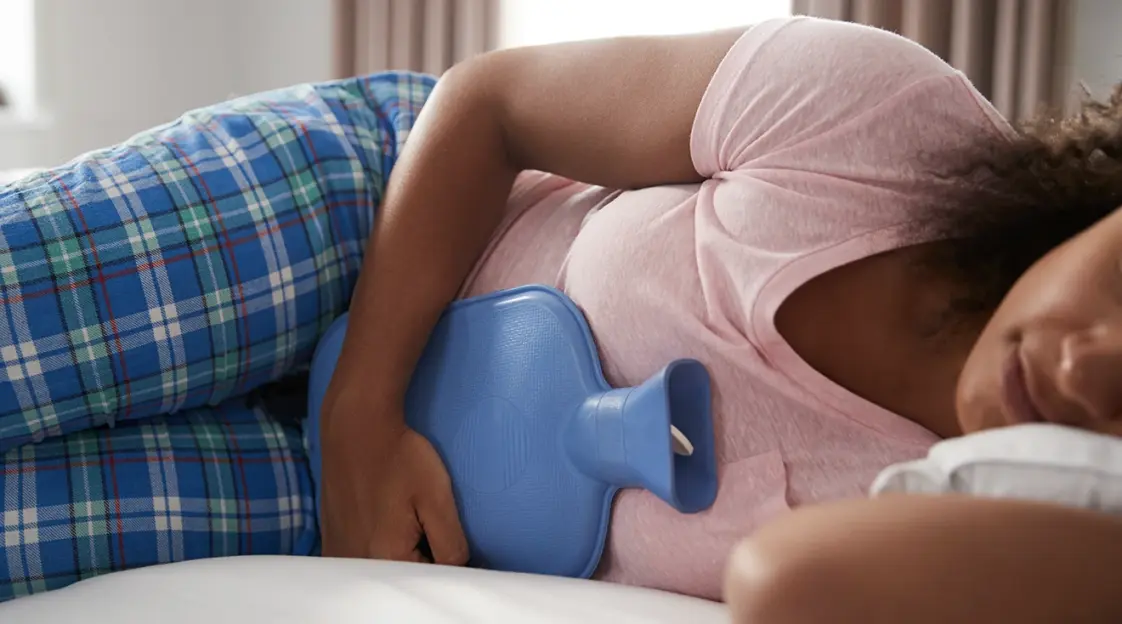Soothing Pregnancy Discomfort: Is a Heating Pad Safe to Use?
Pregnancy is a beautiful journey filled with incredible changes. However, it can also come with its fair share of aches and pains. Backaches, sore muscles, and cramps are all common occurrences as your body adapts to accommodate a growing baby. While some discomfort is expected, many women seek safe and natural ways to find relief.
One question that pops up frequently is: Can I use a heating pad while pregnant? The answer, like most things in pregnancy, is nuanced. Let’s delve deeper into the safety considerations and explore alternative solutions for soothing pregnancy discomfort.
The Concern with Heat Exposure During Pregnancy
The primary concern with heat exposure during pregnancy is the potential risk of raising your core body temperature. Research suggests that a core body temperature exceeding 102 degrees Fahrenheit (38.9 degrees Celsius) may increase the risk of certain birth defects, particularly in the early stages of pregnancy (first trimester) when the baby’s organs are forming [1].
Here’s the key distinction: Heating pads, unlike hot tubs or saunas, are unlikely to raise your core body temperature significantly. However, it’s still important to use them with caution.
Safety Guidelines for Using a Heating Pad While Pregnant
If you’re considering using a heating pad to ease pregnancy discomfort, here are some safety guidelines to follow:
- Limit application time: Keep heating pad sessions to a maximum of 20 minutes.
- Start low and go slow: Begin with the lowest heat setting and gradually increase it only if necessary.
- Never fall asleep with the heating pad: This can lead to overheating and potential burns.
- Avoid direct abdominal contact: Don’t place the heating pad directly on your belly. Apply it to your lower back, hips, or thighs.
- Listen to your body: If you experience any discomfort, such as burning or excessive sweating, turn off the heating pad immediately.
- Consult your doctor: Always discuss using a heating pad with your doctor, especially if you have any pre-existing health conditions or concerns.
Alternative Solutions for Soothing Discomfort
While heating pads can be a helpful tool, there are other safe and effective ways to manage pregnancy discomfort:
- Warm compress: Fill a sock with rice and heat it in the microwave for a few seconds (test the temperature before applying). This provides a gentle, localized warmth.
- Warm bath: A relaxing warm bath can ease muscle tension and aches. Aim for a comfortable temperature and limit your soak to 20 minutes.
- Massage: Prenatal massage, performed by a qualified therapist, can be a wonderful way to relieve muscle tension and promote relaxation.
- Stretching and gentle exercise: Regular stretching and gentle exercises like prenatal yoga can improve flexibility, reduce back pain, and promote overall well-being.
- Supportive positioning: Using pillows to support your back, hips, and belly while sleeping or resting can significantly improve comfort.
FAQ on Heating Pads and Pregnancy
Q: Can I use a heating pad on my stomach while pregnant?
A: It’s generally not recommended to apply a heating pad directly to your abdomen during pregnancy. The concern lies in potentially raising your core body temperature, which could pose risks to the developing baby. Focus on applying the heating pad to your lower back, hips, or thighs for targeted pain relief.
Q: Are electric heating pads safe during pregnancy?
A: Electric heating pads are generally considered safe for occasional use during pregnancy as long as you follow safety precautions like limiting application time and starting with the lowest heat setting. However, it’s always best to consult with your doctor before using any heating pad during pregnancy.
Q: What are some alternatives to heating pads for pregnancy discomfort?
A: There are several safe and effective alternatives to heating pads, including warm compresses, warm baths, prenatal massage, gentle stretching and exercise, and using supportive pillows for positioning.
Q: When should I talk to my doctor about pregnancy discomfort?
A: If you’re experiencing severe or persistent pain that interferes with your daily activities, or if any pain is accompanied by other concerning symptoms like fever, vaginal bleeding, or dizziness, consult your doctor immediately.
Remember: Every pregnancy is unique. What works for one woman might not work for another. The key is to find safe and effective methods that provide relief for your specific needs. By listening to your body and consulting with your doctor, you can navigate pregnancy discomfort and create a comfortable and nurturing environment for yourself and your growing baby.

